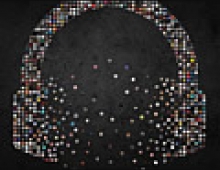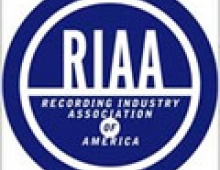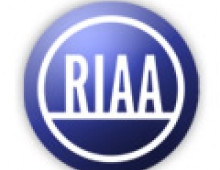
RIAA given green light to identify some file-sharers
The Recording Industry Association of America (RIAA) has successfully challenged the court ruling that gave anonymity to individuals it has filed suit against over peer-to-peer file sharing.
ISPs will now have to match IP addresses to people, after US District Judge Denny Chin of Manhattan ruled that Cablevision and other ISPs must hand over details of alleged file swappers to the RIAA so that it can subpoena them.
Judge Chin explained that the First Amendment does not guarantee anonymity. His ruling only applies in New York, New Jersey and Connecticut.
But the decision comes after a ruling by the Washington DC Appeals Court in December 2003, which said that the RIAA cannot force ISPs to identify subscribers swapping music online.
This obliged the RIAA to prosecute downloaders as 'John Doe'. It could only find out the identity of the alleged music swapper when the case got to court.
Meanwhile as the war against file sharers spreads across Europe, French ISPs have clubbed together to block P2P users from downloading music files.
Free, Noos, Club-Internet, Wanadoo and Tiscali France have all signed a government-backed charter to crack down on music swappers.
The charter, which has also been signed by record labels, will use a series of measures to stamp out music swapping.
The first step will be to send warnings to subscribers identified by music groups as having downloaded music illegally.
ISPs said they will remove copyrighted tracks posted by subscribers and pass on subscriber details to music labels when asked.
If all else fails, the ISPs said they would suspend internet accounts, but only on the decision of a judge, according to French news agency AFP.
Judge Chin explained that the First Amendment does not guarantee anonymity. His ruling only applies in New York, New Jersey and Connecticut.
But the decision comes after a ruling by the Washington DC Appeals Court in December 2003, which said that the RIAA cannot force ISPs to identify subscribers swapping music online.
This obliged the RIAA to prosecute downloaders as 'John Doe'. It could only find out the identity of the alleged music swapper when the case got to court.
Meanwhile as the war against file sharers spreads across Europe, French ISPs have clubbed together to block P2P users from downloading music files.
Free, Noos, Club-Internet, Wanadoo and Tiscali France have all signed a government-backed charter to crack down on music swappers.
The charter, which has also been signed by record labels, will use a series of measures to stamp out music swapping.
The first step will be to send warnings to subscribers identified by music groups as having downloaded music illegally.
ISPs said they will remove copyrighted tracks posted by subscribers and pass on subscriber details to music labels when asked.
If all else fails, the ISPs said they would suspend internet accounts, but only on the decision of a judge, according to French news agency AFP.




















